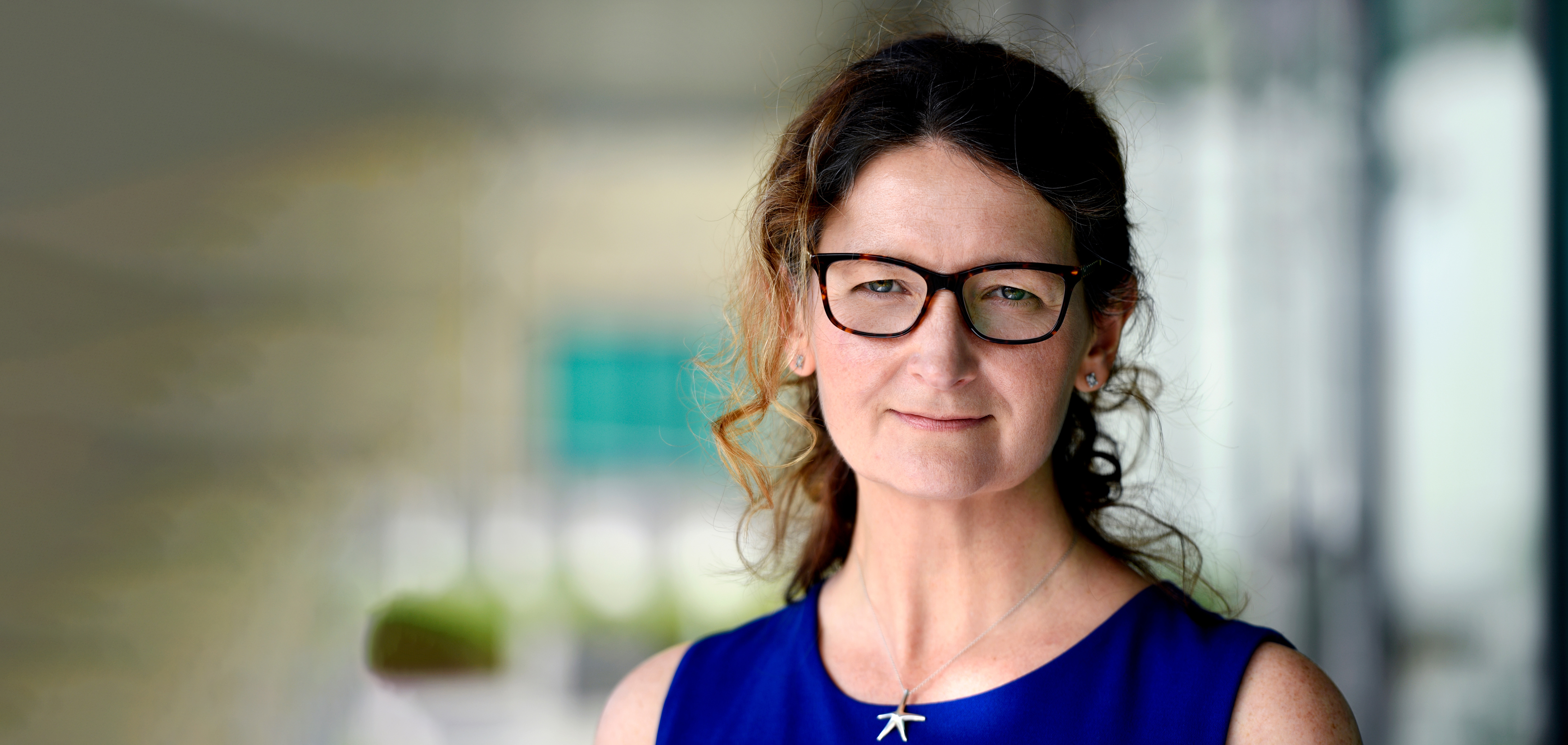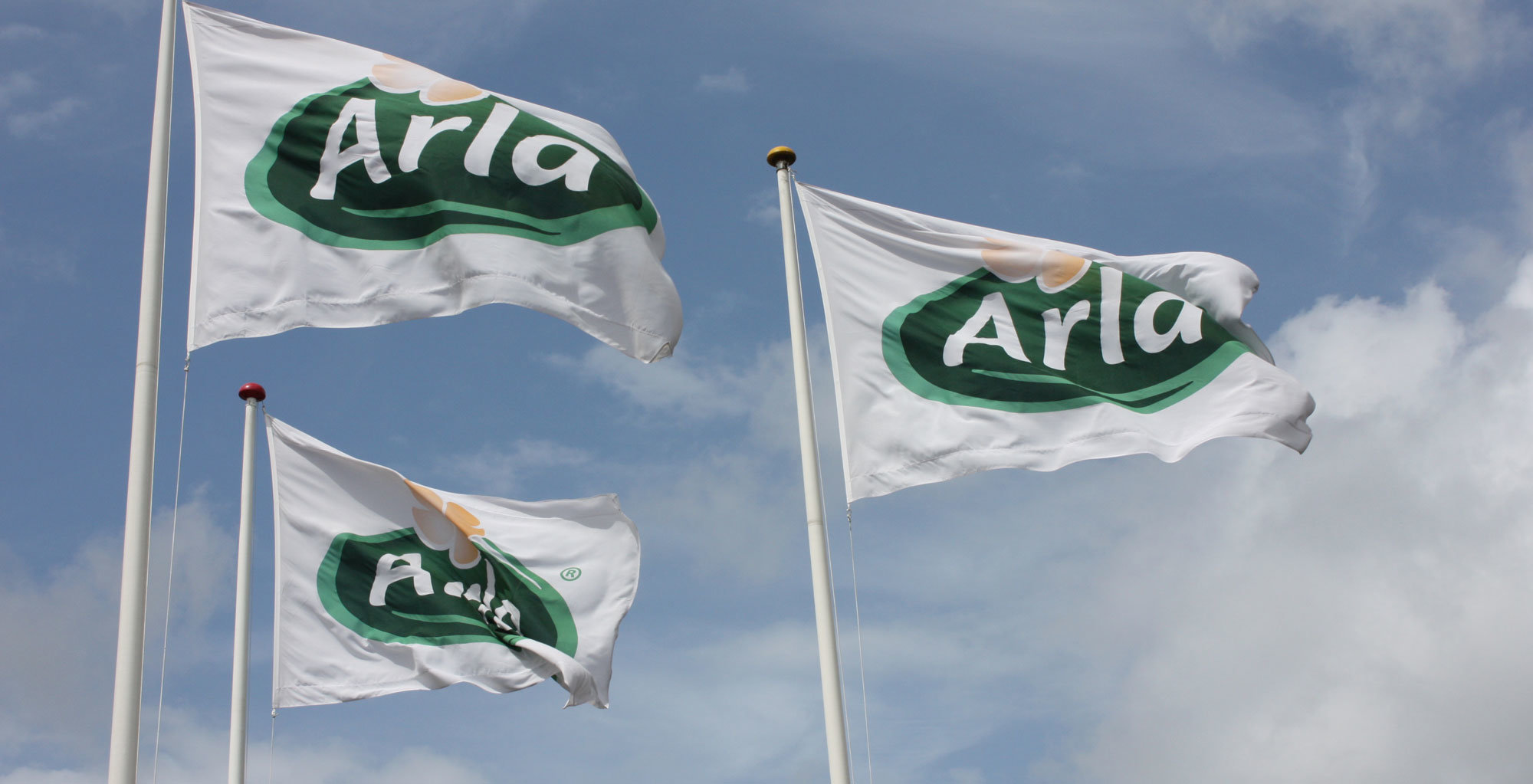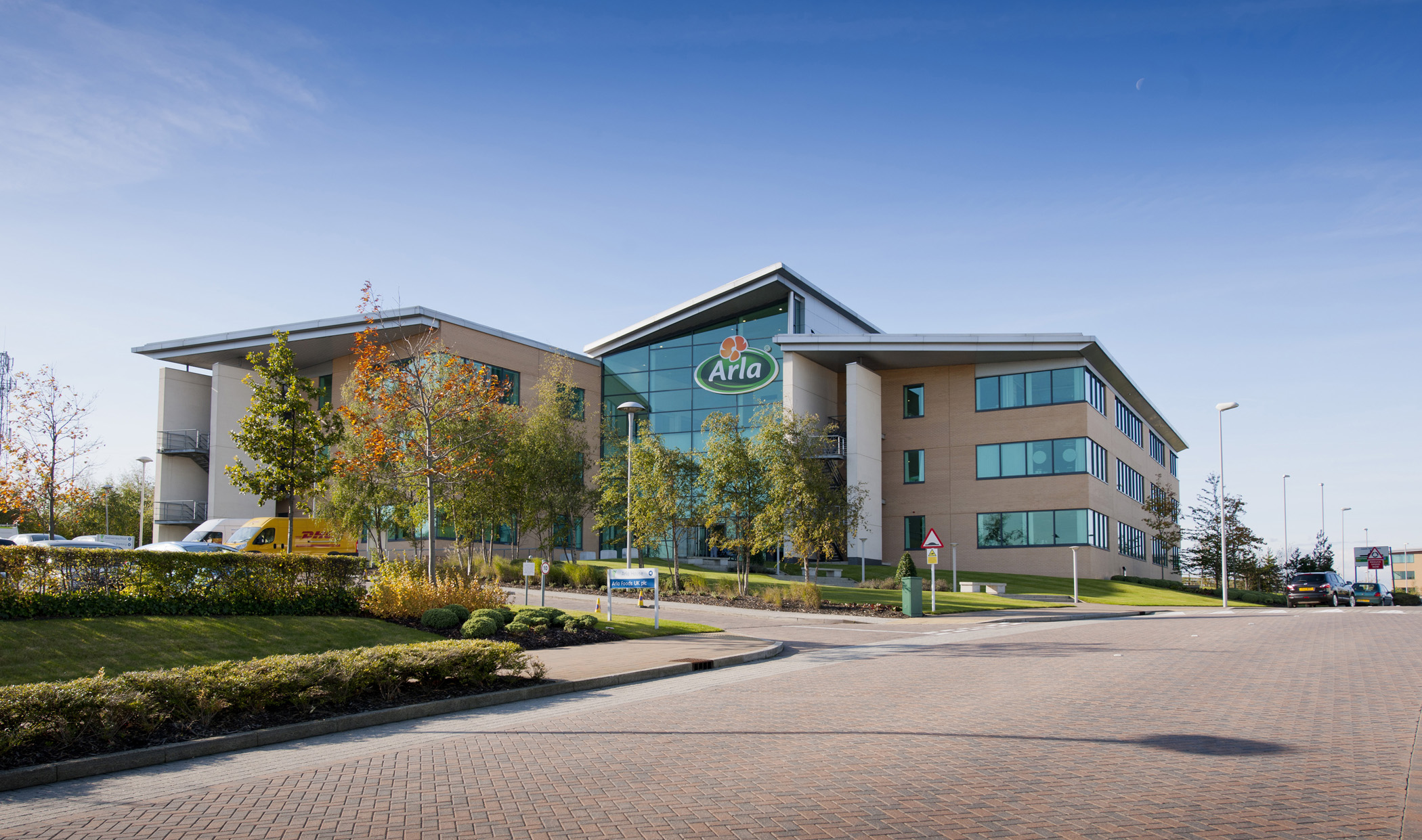
Interview
“Hybrid working has lots of positives but there are dangers” - Arla Foods on the future workplace
Andy Coyne speaks to Arla Foods UK’s senior HR director Pauline Hogg about how Covid-19 has re-shaped the dairy company’s way of working and its relationship with staff.
V
arious factors are having an impact on the workplace and some of them are country-specific (such as Brexit in the UK) – but one common denominator is how the Covid-19 pandemic has re-shaped the size and make-up of the workforce – and changed the way people think about where and how they work. As a result, attracting and retaining employees is a challenge all companies are facing.
From US meatpackers to UK fruit growers via manufacturers of shelf-stable products, employees are in short supply. As well as the fallout from Covid-19, in some countries, immigration rules are making it difficult for businesses to recruit for the shop floor or the field.
In white-collar environments, meanwhile, the days of having a full office may well be over as working-from-home patterns that emerged during the pandemic have stuck.
Food businesses are having to adapt to the ‘new normal’ at the same time as they are having to incentivise existing and potential employees. At a time of high inflation in everything from packaging to transportation, this is a difficult financial balancing act.
Often the person at the heart of much of the strategic thinking in this area is the human resources director.
In the case of Danish dairy major Arla Foods’ UK operation – which employs 3,700 people – this is senior HR director Pauline Hogg, who is based in the cooperative’s country HQ in Leeds in northern England.

Just Food: What impact has Covid-19 had on your workforce and the way in which you think about your employees?
Pauline Hogg: We’ve got a lot of things that we learned through Covid. As a leadership team we really dialled up the communications. We took a few steps back and engaged with our change leaders, a group of about 80, a cross-functional group of people with influence throughout the organisation up to leadership level. This was a UK initiative now being replicated in other countries. We asked them what the future held. We used the group as a real catalyst to look at the immediacy of Covid but also for the longer term. We had a lot of it in place but didn’t really dial it up. Covid was the catalyst for this.
What is your corporate strategy in this area?
We call it ‘future of work trilogy’. We focus a lot on our employee promises and our stronger people, stronger planet emphasis. As part of our people strategy, we look at the interdependency of how we work and how it has an impact on people’s health and wellbeing.
How did Covid-19 develop this strategic thinking and what actions did you take?
The most important thing was the safety and wellbeing of our people. We asked teams to tell us what they needed. We used Covid to train up mental health first aiders and we created a network of well-being champs. We also created a wellness room [at Arla House in Leeds]. All of this was colleague-driven.
It helped that we were doing UHT packs for the vulnerable. We had a reason and a purpose for people to come in.
On a practical level, did you need to introduce measures to deal with staff shortages?
We looked at the resilience of our sites. We did some cross-training and knew with some SKU reductions that if the chips were down we could run with 25% absences, even though it would have been pushing it. In reality, it never happened. Everyone pitched in and we never had to pull out the extra resilience plan. We come from a collegiate culture, being a farmer co-op, and we had briefings from some of our farmers. There was a pride in the organisation. It helped that we were doing UHT packs for the vulnerable. We had a reason and a purpose for people to come in. We didn’t furlough anyone during Covid.
Working from home, at least some of the time, became a thing during Covid-19 and continues today. How have you viewed this?
Hybrid working has lots of positives but there are dangers there. You can end up with very separate silos and niches.
Post- Covid, or rather the worst excesses of it, how has that developed and what’s the thinking around this now?
People came back [from working at home] to hybrid working. They’ve got some form of attachment to the office. We moved three floors into two and created a collaborative workplace.
What percentage of your employees have come back to office working?
At Arla House, the average is round 20% most days, apart from Wednesday which is about 50% and Friday which is about 10%.
How, if at all, has this affected productivity?
During Covid, productivity actually went up. It will be interesting to see what happens in the next few years.

Arla Foods UK office. Credit: Arla Foods
Talking of which, you are now operating in an extremely difficult employment environment in the UK. People have left the market because of Covid – returning home – and due to Brexit, which made it hard for EU nationals to carry on working in the country freely. How have you coped?
This [issue] has become a lot more prominent in marketing and comms. We have targeted workers around the supply chain such as drivers, through our driver training academy. We have also done a lot of work with the likes of [entrepreneurial leadership developer] Enactus. And we have started entering some awards as an employer, which is something we never did. The last couple of years has given me the confidence to do this. A McKinsey report put us in the top quartile of top businesses [as an employer]. We are starting to put ourselves out there a bit more which helps our talent acquisition team.
And what about the company’s image when it comes to recruiting?
Dairy is a big focal area from a sustainability point of view. The amount of work we have done on sustainability is quite incredible, on farms and with customers. People want to work in an organisation that does well by doing good. It comes back to our cooperative values and investing for the long term.
What about being competitive on the salary front, usually a pre-requisite in a tight labour market?
We did some adjustments with trade unions on the driver shortage and we are starting to work things from the employee proposition point of view around total reward. We are also discussing flexible working.
A lot of companies have been looking at increasing automation as way of cutting down workforce numbers. Has Arla?
We challenge ourselves on like-for-like replacements. Aylesbury [an Arla facility in southern England] is a digital stronghold for us but generally it’s more of an evolutionary churn rather than anything radical. I don’t think the overall numbers will change.